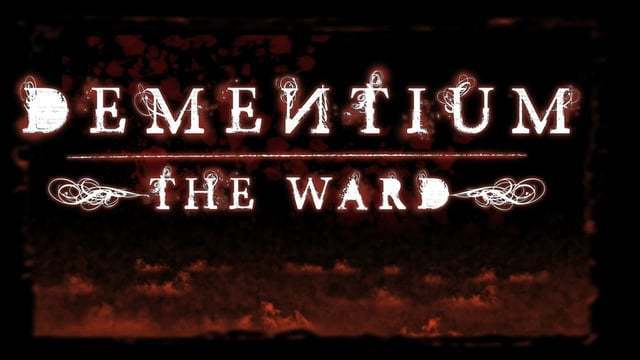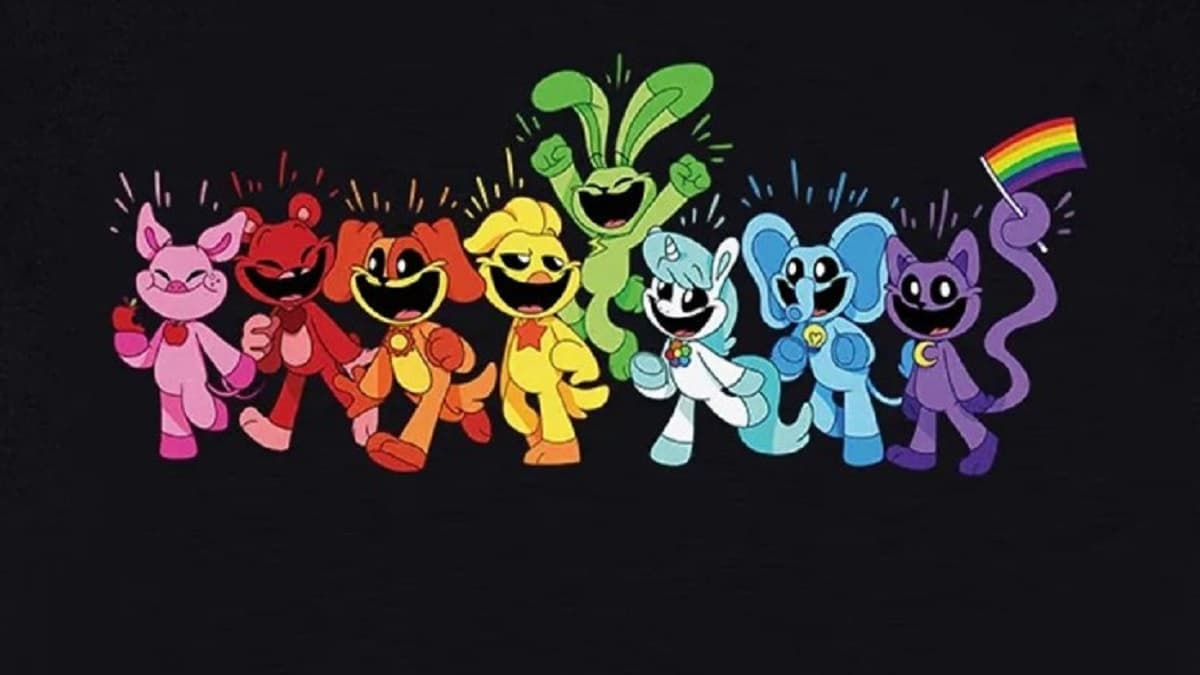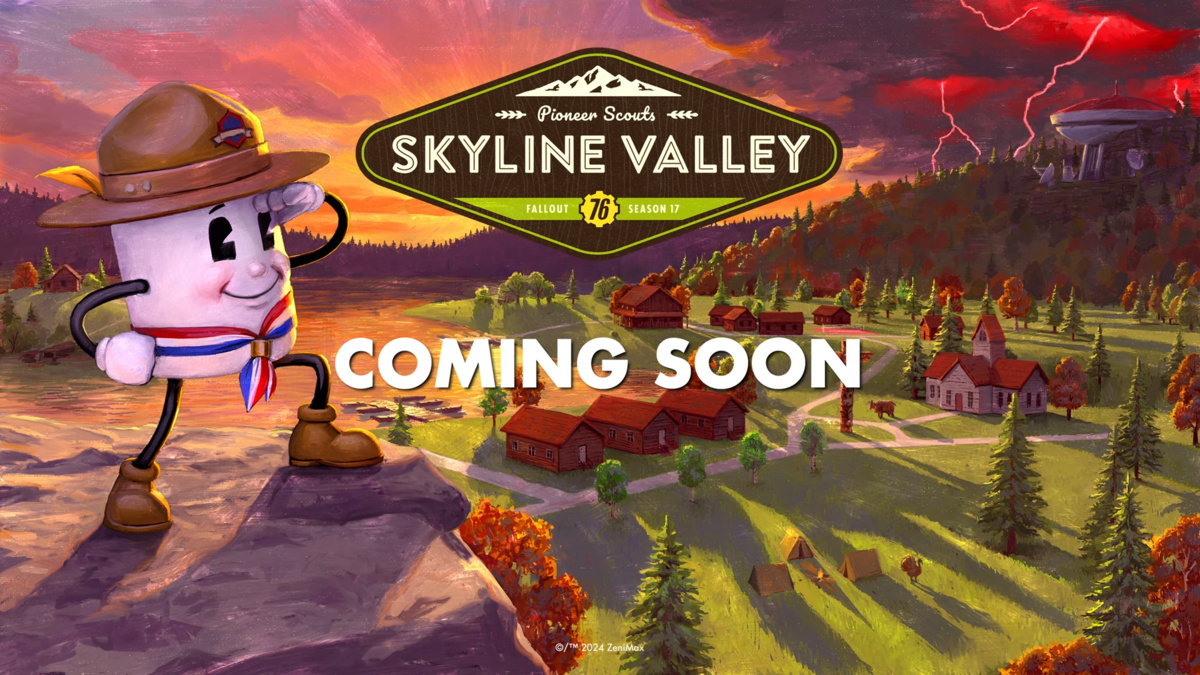One of my dreams as a kid was to work as a game developer. For this reason or that, it hasn’t come true yet, but I have discovered a way to fulfill my love of games in my writing. As soon as I started writing, I thought about how much fun it would be to reach out to some of my favorite developers and see if they would speak to me about their experiences and their games.
Jools Watsham, co-founder and Director of the excellent developer Renegade Kid, was gracious enough to give a young writer a chance and took some time out of his busy day to answer some questions for me. Renegade Kid is currently working on Dementium Remastered, the remastered version of the critically acclaimed 2007 Dementium: The Ward.
Jools Watsham: Click the man’s face for a link to his Twitter account!
Renegade Kid is the mastermind behind 14 original titles, including popular games like Mutant Mudds, Moon Chronicles, and recently, Xeodrifter. They have been crafting grab bag indie games for Nintendo handhelds since the original DS days and have made quite a name for themselves among the ever-growing “nindie” (Nintendo indie) fanbase. They have also ported some of their games to PC, WiiU, and PlayStation consoles and their games often end up in indie bundles.
In 2007, Jools Watsham and Gregg Hargrove got together and began making something that hadn’t really been done before: a survival horror game on the Nintendo DS. Using the unique capabilities of the handheld, they created Dementium: The Ward, a game that catapaulted them from a couple of guys coding a game to a full-blown games studio with an impressive resume.

Many games critics praised Renegade Kid’s innovative use of the DS, pointing out that they really pushed the hardware to its limits. Dementium: The Ward scored well with the gaming community and the remastered version is highly anticipated among fans of Renegade Kid and the survival horror genre.
Based in a mental institution, Dementium explores insanity, violence, and sociopathy. A dark game indeed, Dementium was created as a project of passion by three dudes who wanted to show that survival horror could live on the Nintendo DS. The game was shopped around to many publishers, including as an entry in the Silent Hills series. Renegade Kid carried on and eventually published with Gamecock on Halloween of 2007. Just last year, Mr. Watsham announced that they were working on a remastered version of the game, reigniting old loves and gaining new hopeful fans, myself included.
I reached out to Mr. Watsham and asked him to answer some questions of mine, not only about his game and his career, but the state of gaming in general. His insights into the future of gaming in particular are very interesting and relevant to players and developers alike.
What do you do, day to day? Take me through a day in the life.
I may start my day with a rough idea of what I’ll be working on that day, but anything can happen. My duties each day can vary a great deal. I wear many hats. Some days I work on game design in a level editor, a word document, or doodle in a notepad. Some days I may create pixel art in ProMotion, or work on promotional art in Photoshop. Sometimes I work on video trailers for our games, or write press releases. On occasion I even work on sound effects. There are also the less glamorous tasks that involve contracts or other paperwork necessary for various aspects of game development. It certainly never gets boring.
When did you get started with playing games and what was the first game that you remember?

My early memories of playing games was with the Sinclair ZX Spectrum 48K. Some of the games I remember were Hungry Horace and Jet Set Willy. Originally, I played on my Dad’s Spectrum, but later I got my own as a gift – which was very exciting! It was a Spectrum +.
How did you get started with developing games?
I started dabbling with game development with basic on the Spectrum, and then with various tools on the Commodore 64, Atari ST, and Amiga. This all gave me an amateur glimpse of what game development might be like. It was a hobby. One that I didn’t think would turn into a career. My first job was as a video game journalist at a UK magazine called The One. All the while I continued to work on pixel art and game design as a hobby at home. One of the game developers I met through my job as a journalist was David Bowler, who informed me that the company where he worked – The Sales Curve – was looking for pixel artists, so I submitted my art portfolio and interviewed with them and got the job. That was my first professional role in game development.
Why do you make games?
I love playing video games. That is where my enjoyment for video games started. And then I was intrigued by the challenge involved in trying to create one – an on-going quest that I am still journeying today. Creating a game that one feels is worthy of releasing for others to play is a difficult and fulfilling experience. I love it.
Where do you think the games industry will be in the next 5-10 years?
I think it has to move towards a streaming model, much like Netflix provides a way to stream TV shows and movies. The need to buy an Xbox, PlayStation, or Nintendo just seems silly really. Now that the CPU power and bandwidth exists for users to stream the games they want to play at home or on their mobile device, I think it is a natural step to do away with the expensive hardware in your home and provide players with the software they want, when they want it. I expect we’ll still see hardware, but perhaps modeled around the experience and/or input device the users chooses to invest in for the types of games they want to play.

You’re telling me I might be able to binge games in the future? Awesome
What games did you enjoy playing in 2014 and 2015 and what are you looking forward to most?
Shovel Knight was a great experience that I thoroughly enjoyed on the 3DS. On the Wii U I really enjoyed Mario Kart 8 and Splatoon. And on my iPhone, I really enjoyed Crossy Road. I also got my hands on a handheld device called RS-1, which got me hooked on Kung Fu and Adventure Island again.
I am looking forward to the new Zelda game, coming to Wii U or Nintendo’s next platform.
Dementium is an awfully dark game. What made you decide to develop such a mature game?
We are big fans of the survival horror genre, and saw that there was not much of that on the DS. I really enjoyed playing games on the DS, so it just felt right to release a game like Dementium in that market where I was hoping there were other players like me who wanted an experience like that for the DS.
There are strong references in the Dementium games to mental illness, psychiatry, and institutions. Was this a convenient starting point? Or was it something you wanted to tackle as its own theme?
Something that we spent a lot of time on in the beginning was creating an inherently creepy setting and theme for the game that would be uniquely associated with Dementium. Silent Hill has its fair share of Hospitals, but we felt that having a game set entirely in a dark and grimy Hospital would be unique and provide a strong identity for the game.
What new features can we expect?
The focus of Dementium Remastered has been to take advantage of the 3DS hardware and improve the visuals, as well as make the gameplay experience more enjoyable than the original – which was lacking save points and plagued by respawning enemies and limited ammo.

This was the least scary photo I could find
How did the game evolve from the original concept? What went right or wrong during development of Dementium?
Due to the lack of save points and inclusion of respawning enemies, the original experience was unintentionally challenging. Having the opportunity to address these issues to make the player’s journey more enjoyable / less frustrating feels like an evolvement. It not only fixes shortcomings of the original game, but also makes the game more palatable for today’s players.
I think a lot of what we accomplished with the original development went right. I am extremely proud of what we created on the DS. And, what we have been able to improve upon with Dementium Remastered has been very exciting. I think fans of horror will be in for a treat.
Between the original release and the remaster, what lessons have you learned as a developer?
After the completion of Dementium, we developed Moon and Dementium II. We learned a lot about pacing, story, and overall production with these games – aspects we are now able to implement into Dementium Remastered.
What are the plans? Dementium III? What goodies can we expect from Renegade Kid in the future?
We have wanted to develop Dementium III for many years. Dementium III will require a huge investment in time and money, so it will depend on how well Dementium Remastered and Dementium II Remastered are received in the 3DS market.
Pretty sweet skull and crossbones, Jools
Dementium Remastered is slated to be released later this year. Dementium II Remastered is still in the works and no release date has been given yet. Be sure to check out Renegade Kid’s other games, including the colorful, adorable Mutant Mudds and the recently released Xeodrifter. Be sure to click the logo above to check out Renegade Kid’s website and follow Renegade Kid and Jools Watsham on Twitter for the most current news and fun opportunities to play with the staff of Renegade Kid.












Published: Aug 18, 2015 12:01 PM UTC